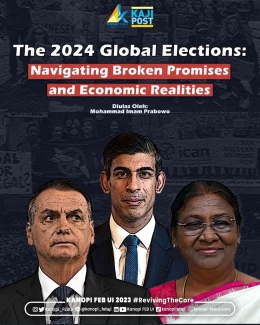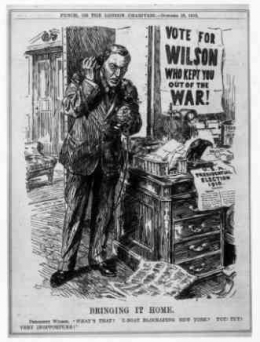The relationship between economic realities and the electorate is complex, as voters must navigate a variety of issues that impact their lives. Economic concerns, such as inflation and job security, are often prioritized, but they can also be influenced by partisan politics and other factors. For example, in the 2022 US midterm elections, economic issues were a top concern for most voters, but there was a pronounced partisan divide in terms of which issues mattered most to each party.
In the case of Taiwan's election, economic realities play a significant role in shaping the political landscape. Beijing's threats to use force to claim self-governed Taiwan are not just about missiles and warships, but also about the long-term economic challenges faced by the island. Taiwan's economy is heavily influenced by China, with the Chinese mainland and Hong Kong accounting for about 35% of Taiwan's exports and about one-quarter of its imports. Despite these economic ties, any overt military action by China would come at a huge cost to the Chinese economy.
So what now?
In the tumultuous landscape of the elections in 2024, the impact will surely reach far beyond political shifts; it profoundly influences economic trajectories on both national and international scales. As voters navigate this web of promises from politicians, we must understand as voters that unfulfilled pledges erode public trust and confidence in the government itself. In a year that is crucial not only for one country but the whole global landscape, voters must be vigilant and be aware of campaign messaging and identity politics. That most often than not, these promises are the same as resolutions, mere words that sometimes do not have actual backing of realization.
References
Broken presidential campaign promises since 1916. (2020, June 26).
Spokesman.com.https://www.spokesman.com/stories/2020/jun/26/broken-presidential-campaign-promises-1916/
Cohn, N. (2023, December 14). Vibes, The Economy and Elections. The New York
Times.https://www.nytimes.com/2023/12/14/upshot/economy-vibes-election-biden.html
Edwards-Levy, A. (2022, November 5). Polling shows that most voters say economic
concerns are top of mind | CNN politics. CNN. https://edition.cnn.com/2022/11/05/politics/voters-issues-economy-midterms-2022/index.html








